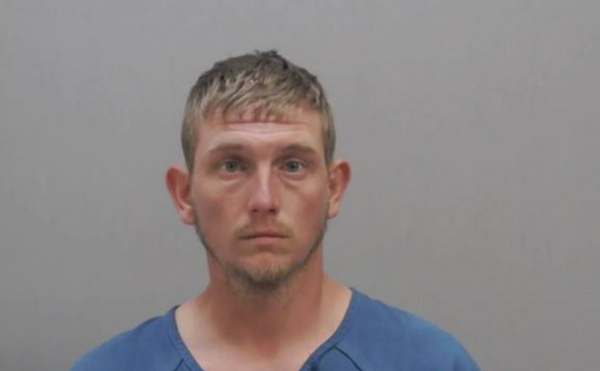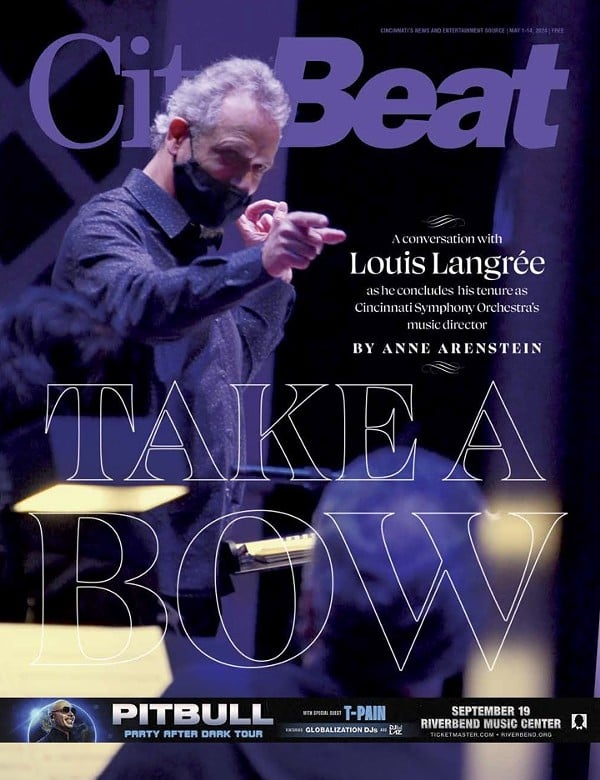|
Over-the-Rhine is under observation again, but this time it's not media scrutiny into the politics of race or redevelopment.
The Rapid Assessment, Response and Evaluation (RARE) Project — a government-funded program previously conducted in cities such as Seattle — is looking beyond the impoverishment, crime, drugs and poor police relations so often reported in Over-the-Rhine. Instead, RARE concerns itself with a common, silent intruder: HIV/AIDS.
The stealth manner in which HIV/AIDS infects and spreads is markedly different from cancer, according to Dr. Evelyn Obeng-Darko, RARE's field team coordinator.
"It's very difficult to recognize it or to recognize infections in an area," Obeng-Darko says. "That's what makes it very problematic and dangerous. This one is more subtle. It stays with a person a long time before it shows up."
RARE is a three-and-a-half month long project that's designed to get a 24-hour look at Over-the-Rhine's viewpoints toward and knowledge of HIV/AIDS. In addition to one-on-one interviews and focus groups, the team of eight field investigators map the proximity of people to health and welfare services, observes how the community interacts among itself and conducts street intercept surveys to see how much people know about the ways of infection.
Employing various research techniques strengthens the desired results.
"The rationale behind that is to give your research and findings some ground," Obeng-Darko says. "You want to find out why they don't know. We use all these methods in order to come out with information that's conclusive. The findings and recommendations are actually going to help with policy issues."
Bernard Young, AIDS coordinator who is RARE's liaison to the Cincinnati Board of Health, believes in the project's long-reaching effects.
"We're looking at something that's going to come back in the city and it's going to come back in a positive way," he says.
It's an effort that citizens can throw their support behind, according to Young.
"We wanted a quality project and we wanted to go in-depth into the community," he says. "There are no city dollars being used for this. It's no major cost to the city, but we feel we can get a lot out of it. Hopefully, through this process we can go in even deeper. This isn't social work. They're not going in to try and change people. We're not making a judgment."
Change will come based on RARE's findings. By focusing on Over-the-Rhine, Young hopes to see that change reflected throughout the city.
"We want to put together a focus which will garner some positive recommendations," he says. "We felt it was an area that had enough potential and could have enough effect on the broader city."
Guided to work on a limited populace, RARE narrowed down its focus to Over-the-Rhine because of its more centralized location.
"The rate of infections in that area is also quite high," Obeng-Darko says. "We're covering about 22 blocks. That's why we also make sure the field investigators are very familiar with the area."
Familiarity eases the mistrust that comes with collecting delicate, personal data, and Over-the-Rhine has a history of reasons to be guarded against outsiders.
"They want to be sure that you're not a police or undercover person out there," Obeng-Darko says. "It's in their interest to allow us into their community, since we're collecting the data for the health service in that community."
Being seen is a big help in collecting the necessary, reliable data to make the project succeed, according to Roy Mastromauro, one of RARE's field investigators.
"We're not trying to hide," he says. "We have badges. All of us are here because we have contacts in the community. It's a matter of having a visual presence, and people down here are aware that AIDS is a problem."
The field investigators are looking at Over-the-Rhine's baseline of activity. Interviews are scheduled, focus groups gathered. The movement is swift, and Mastromauro hopes that Cincinnati listens to RARE's efforts.
"The first hope is that it's going to be heard," he says. "We would like to see the community accept this information and allow it to guide them."
For more info on THE RARE PROJECT or to join a focus group, call 513-556-8414.





